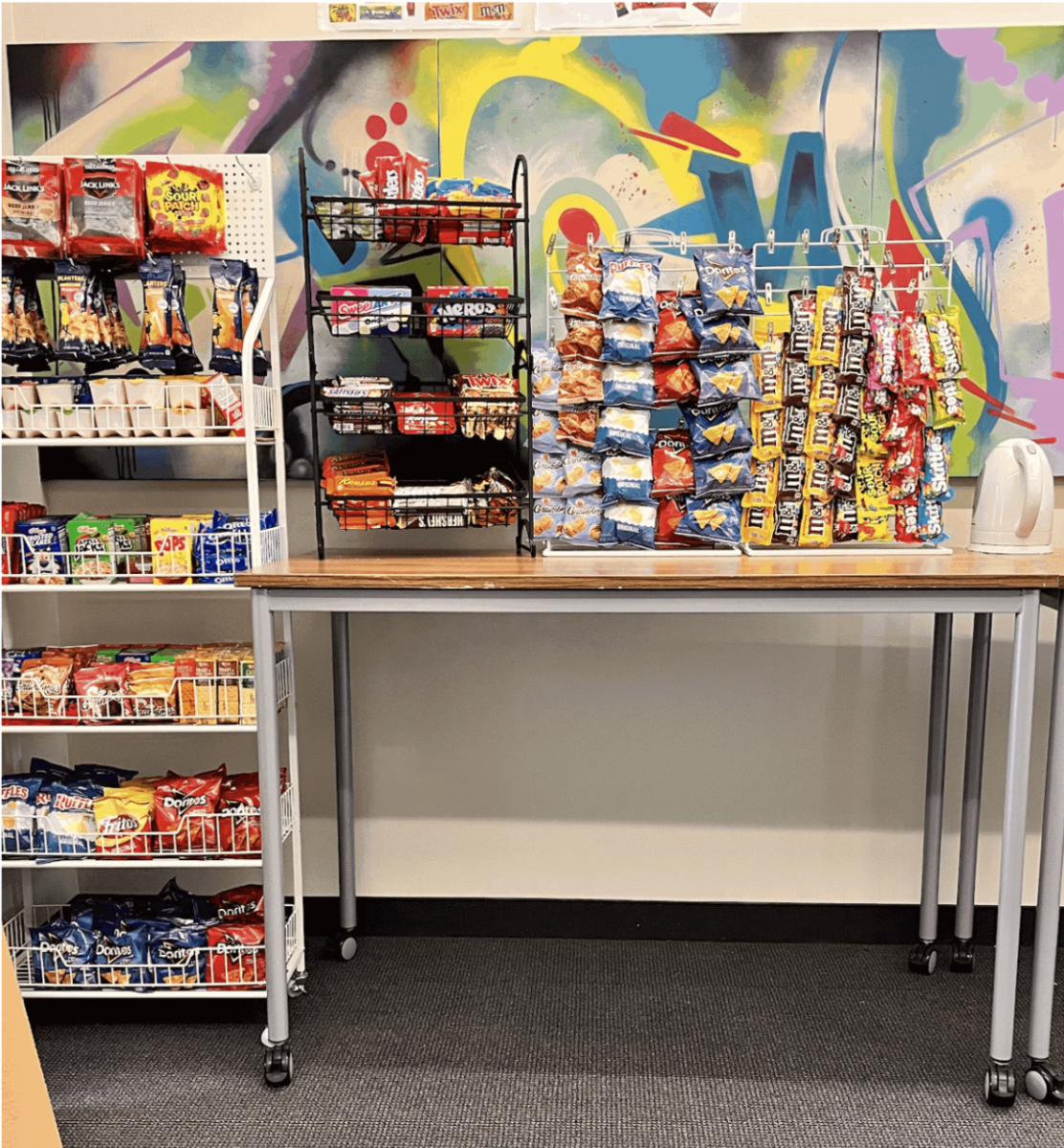Tatiana Gutierrez &
Madison Riehle
Divorce is an unpleasant situation for anyone involved, and children experience additional stress as they try to balance their lives between two households of their separate parents.
“Children may feel less secure about life, and their ability to have a stable life,” Dr. Joan Cloutier, who practices psychiatry, said.
“They can feel a loss of stability and control over the way their life is going. A loss of security is hard for children.”
Approximately 1.5 million children are affected by divorce in the United States and 40 to 50 percent of marriages will end in divorce this coming year, with that number increasing to about 60 percent for second marriages, according to Scientific American.
“Although it’s hard to cope with, it’s better because my parents are happier than they were before,” junior Amanda Mah said about her parents divorce.
The period between separation and divorce is usually a moving period, both physically and psychologically, as family members try to figure out living situations and financial resources, according to Cloutier.
“Change at home for the children may not be positive,” Cloutier said. “They may have a downgrade in their lifestyle or might not have the resources the family had when they were together.”
Children can also experience tension in the home before the legal divorce, which can result in feeling a loss of security early on in the divorce process.
“Parents who are arguing may stay away from home,” Cloutier said. “Children feel the loss of the parent before the divorce and it is something they can’t control.”
Feeling a loss of security is common among children and some can face problems coping with the family’s new dynamic.
“Even though it was hard, I think it’s actually made me closer with both of them because I spend individual time with them,” Mah said.
The divorce process generally takes about a year once the parties have started court proceedings, according to Vanessa Hierbaum, a legal partner at Kaye-Moser-Hierbaum LLP.
“Divorce is a very prolonged event,” Cloutier said. “It’s hard for children to understand what is going on. Everybody involved suffers some grief, children may feel rage and that they are not loved.”
Custody is determined by the judge, who prioritizes what is the best situation for the child or children, based on life situation such as status quo and location of the parents’ homes, according to Hierbaum.
“Both parents are entitled to frequent and continuing contact,” Hierbaum said. “The court makes sure whatever arrangement there is — even if one parent is awarded primary custody — there is always frequent and continuing contact between the other parent and the children, unless perhaps if there is substance abuse or physical abuse by the other parent.”
If both parents are deemed unfit, the court may grant a relative custody of the child, or the child could enter the foster care system, according to Cloutier.
A new law allows children over the age of 14 eligible to testify in court, as the court determines the best living situation, according to Hierbaum.
“During the settlement process, the most emotionally difficult aspect for the parents is children,” Hierbaum said. “The most controversial part is spousal support.”
Children who lose the stability of their parents during an unstable living situation are likely to express anger or disappointment at their parents for neglecting them, according to Cloutier.
“My parents separated when I was 10,” Mah said. “At first, I was devastated and didn’t understand, but as I got older it didn’t affect me and I grew as an individual.”








